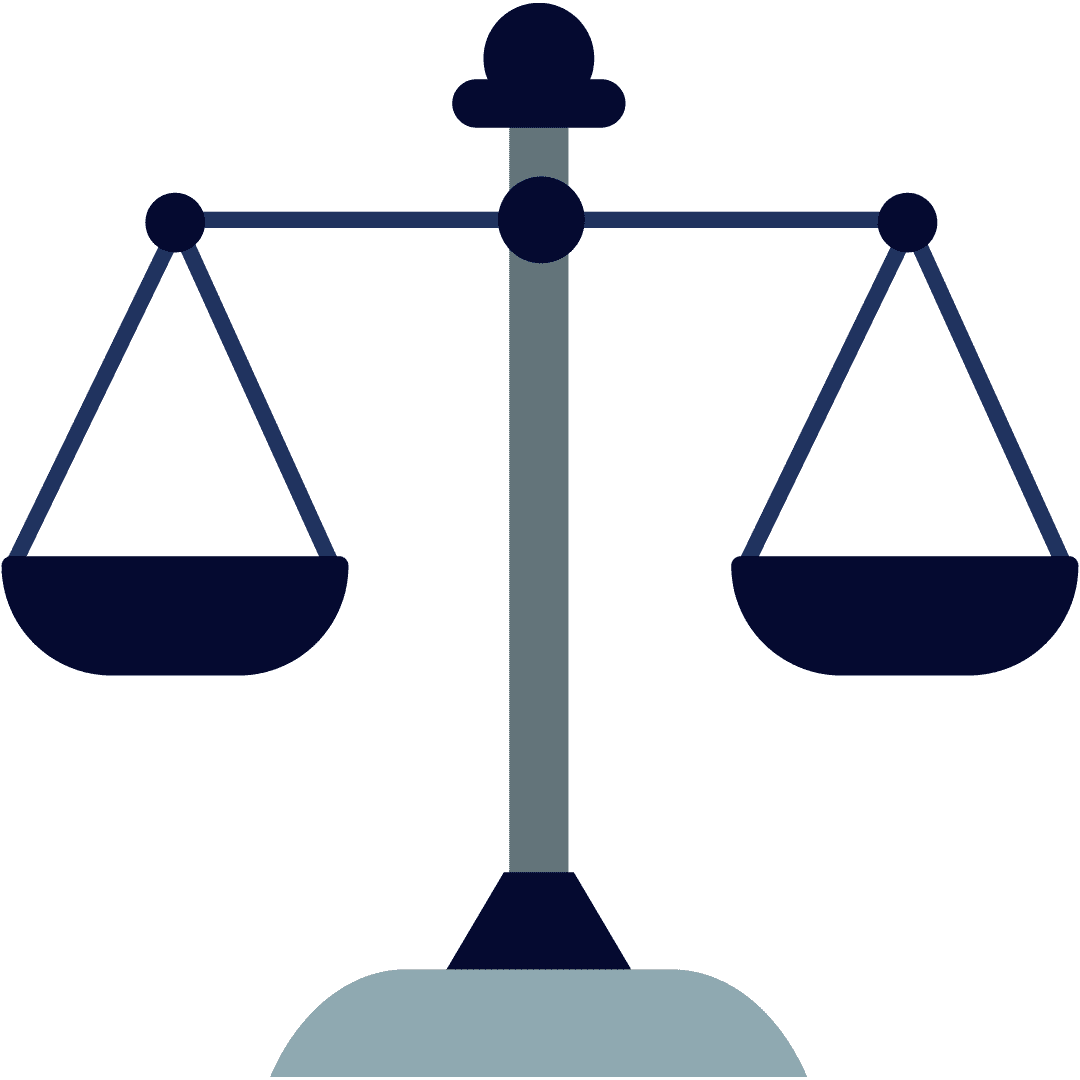For the last two weeks, we have been inundated with news and speculation about the proclaimed Government of National Unity, led by the ANC (African National Congress) and nine other political parties. In this article, I will break down some key points you need to know about what this means (and doesn’t mean) for us.
Before we begin, we must remember that politics is a spectacle.
Politicians, by their nature, are performers who win elections based on how many promises they make and how convincing they are when they make those promises. In South Africa, our news outlets seem to have lost the art of objective journalism, often publishing rumours and myths. This then lends itself to the broader public, who also becomes embroiled in the spectacle.
Now is not the time for distractions; while it’s necessary to keep a keen eye on what is happening, it remains important to keep remembering the promises made during election season and focusing on methods to hold elected politicians accountable. Let’s begin!
The ANC created the ‘Government of National Unity’ after winning 40% in the national elections last month. While 40% is the highest percentage a party achieved, it is not a majority in parliament (50% +). Instead of forming a coalition with another party/parties to get to 51%, the ANC decided to invite all parties represented in parliament to join together and create a national unity government. Nine parties have so far taken up the offer, some of them kicking and screaming. As of today, 26 June 2024, the parties which make up the GNU are:
● African National Congress (ANC)
● Democratic Alliance (DA)
● Inkatha Freedom Party (IFP)
● Patriotic Alliance (PA)
● GOOD
● The Pan Africanist Congress (PAC)
● Freedom Front Plus (FF+)
● United Democratic Movement (UDM)
● Rise Mzansi
● Al Jama-ah
This is the first time the ANC has fallen below 50% in our democratic history. This situation is not new to us, though. Despite the fact that the ANC achieved a majority in 1994 (62%), Nelson Mandela, wanting to forge a path of peace, invited other political parties to form a GNU despite not needing to.
What has created tension in the weeks since the elections is the seemingly precarious ability of the ANC to ensure peace in the country. The party with the third highest votes uMkhonto Wesizwe (MK) was feared by many in the media to be a destabilising force in the days after elections, these assertions have not materialised, but it seems What we are now watching is the haggling for power as we wait for the President to announce his cabinet.
The back and forths between the ANC and the DA have been at the centre of attention. Statements, Counter-statements, leaked documents, media interviews galore.
Another point of interest is the parties who have chosen to not be part of the GNU. The Economic Freedom Fighters (EFF) and uMkhonto Wesizwe (MK) are the most notable parties absent. The EFF has come out strongly to say that they will not go into a coalition with ‘white supremacist parties’ such as the Freedom Front Plus (FF+).
Now, we can only wait, hope, and wonder what the GNU will mean for our country.
While we do so, there is a need to remember that while these politicians fight over positions, children on the Cape Flats are still being gunned down, our healthcare system is on the verge of collapse and inaccessible to many children in the Eastern Cape continue to suffer from malnourishment, and the list continues.
Let us not get caught up in the spectacle.
We must remember the promises made and find methods of true accountability.
QUESTION: This has merely been the tip of the iceberg. Would you like to know more about our GNU?



